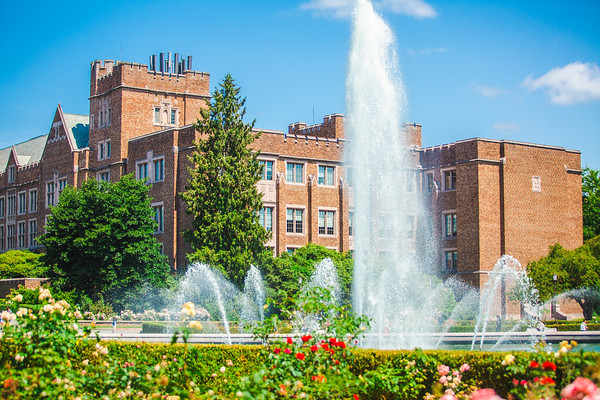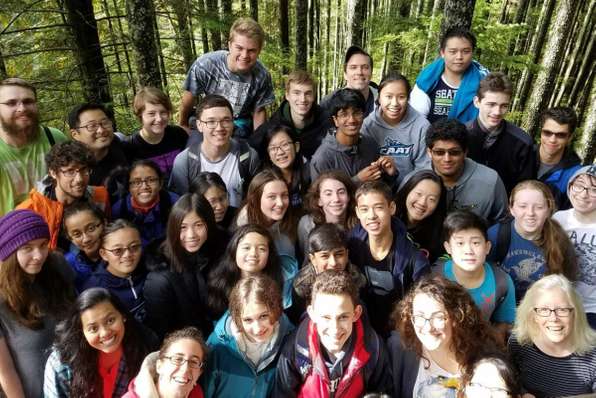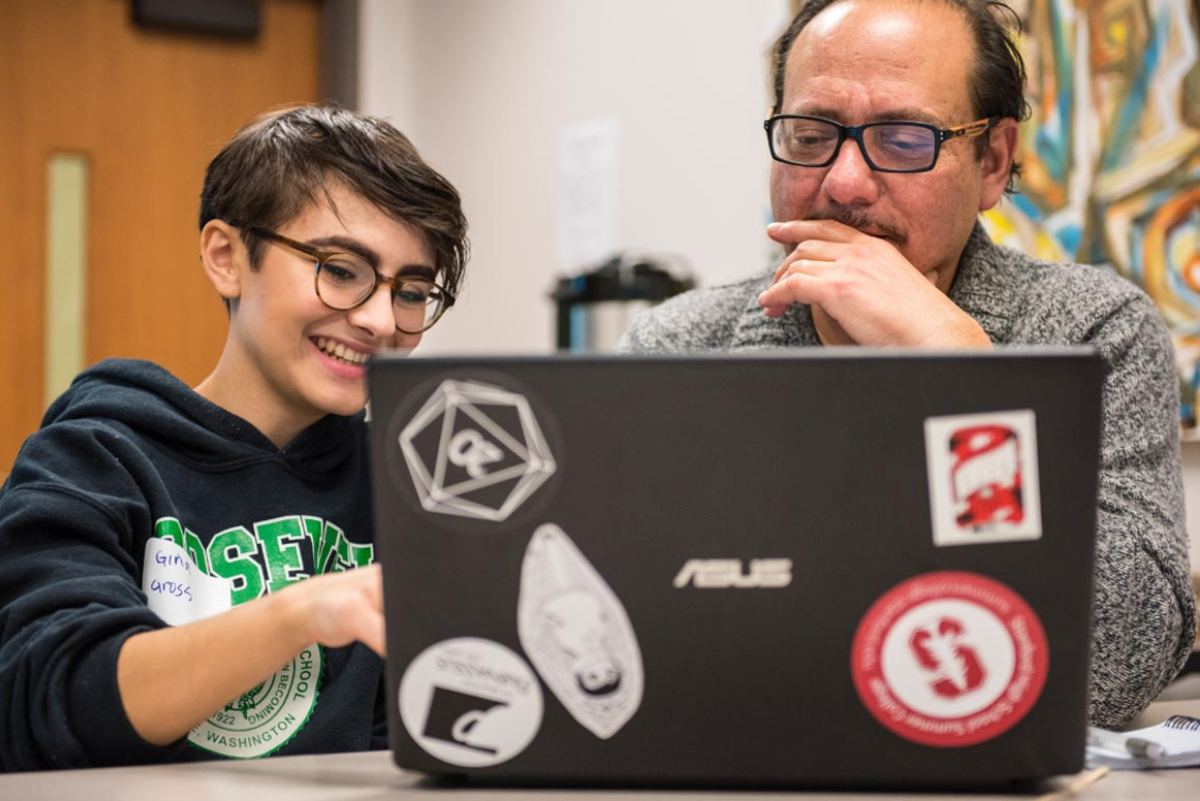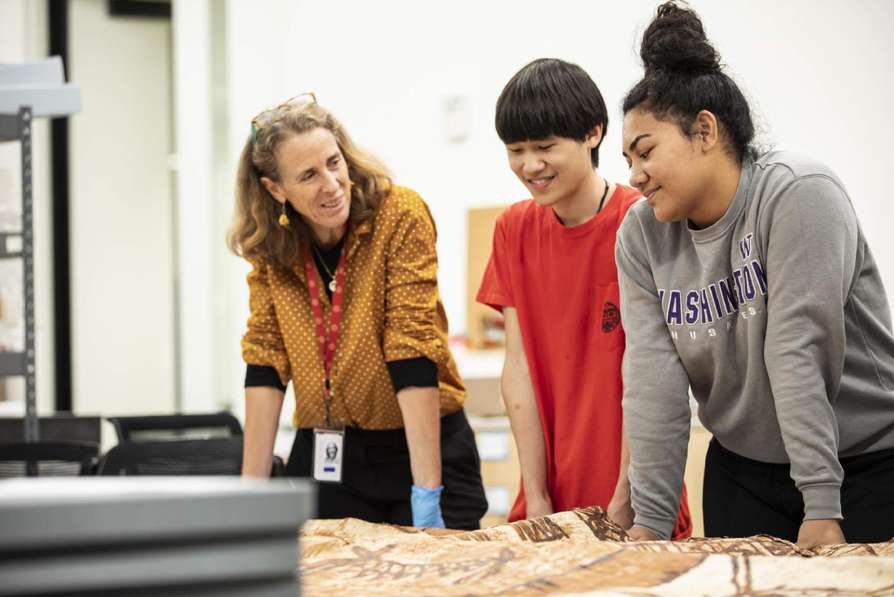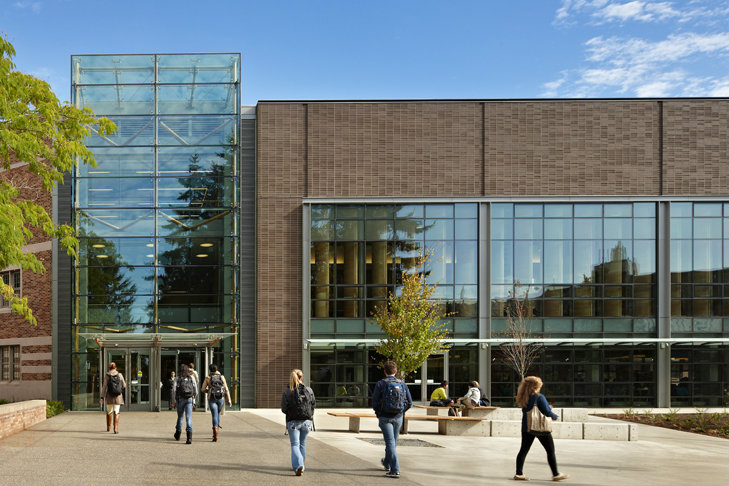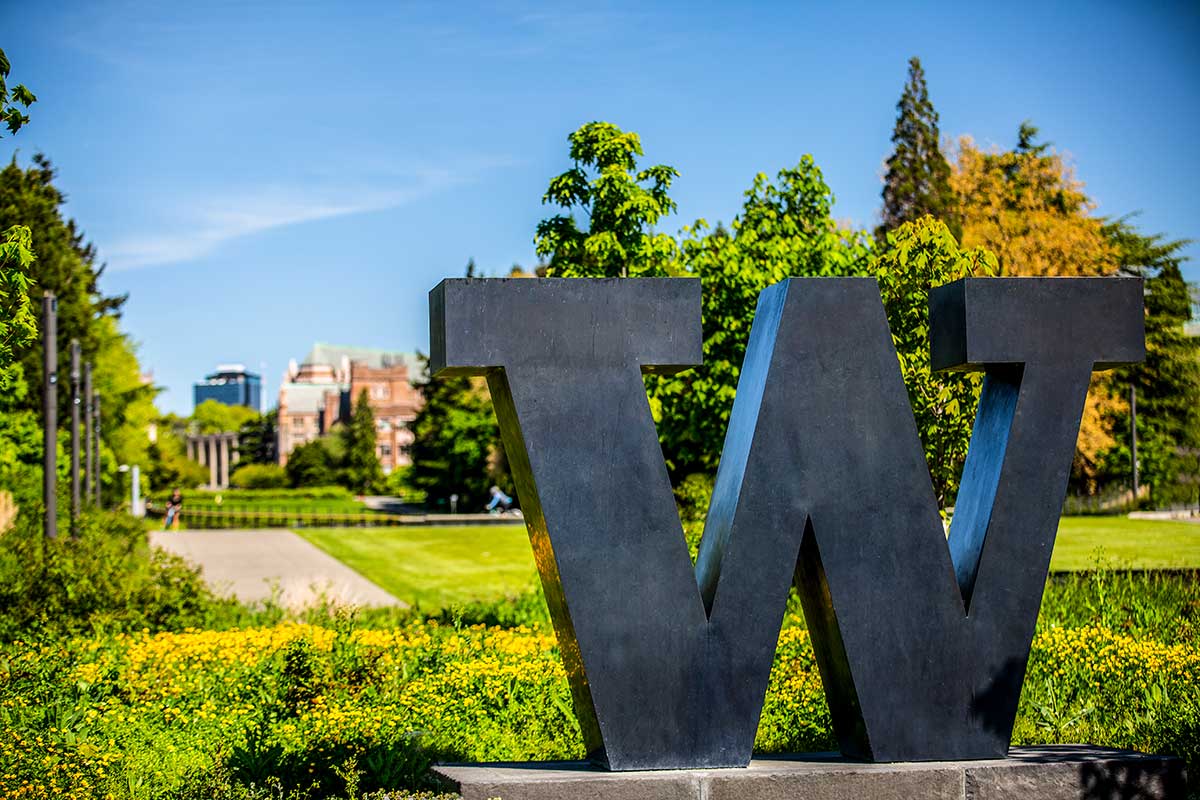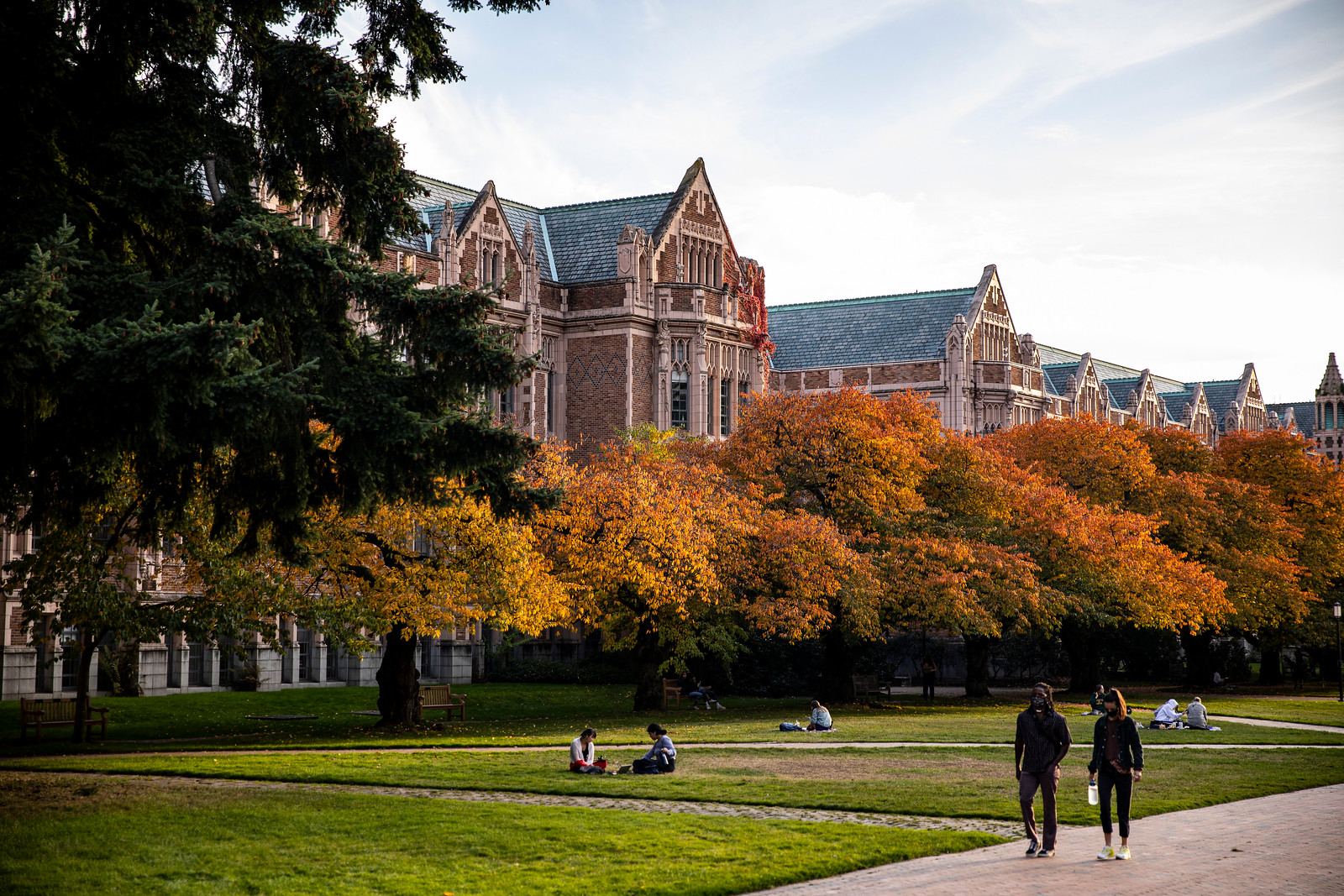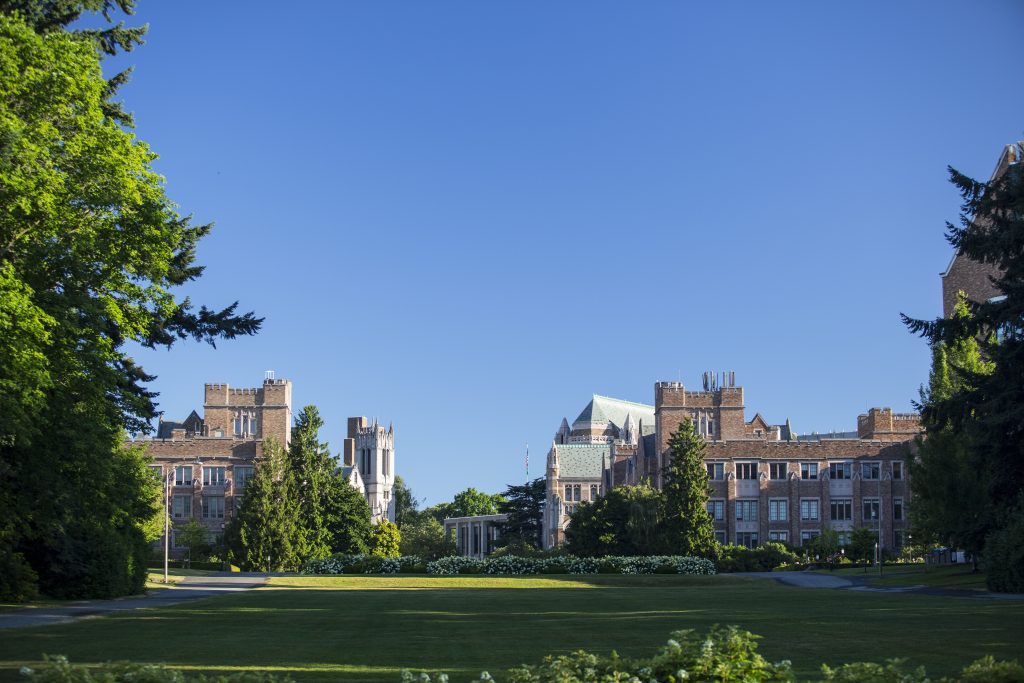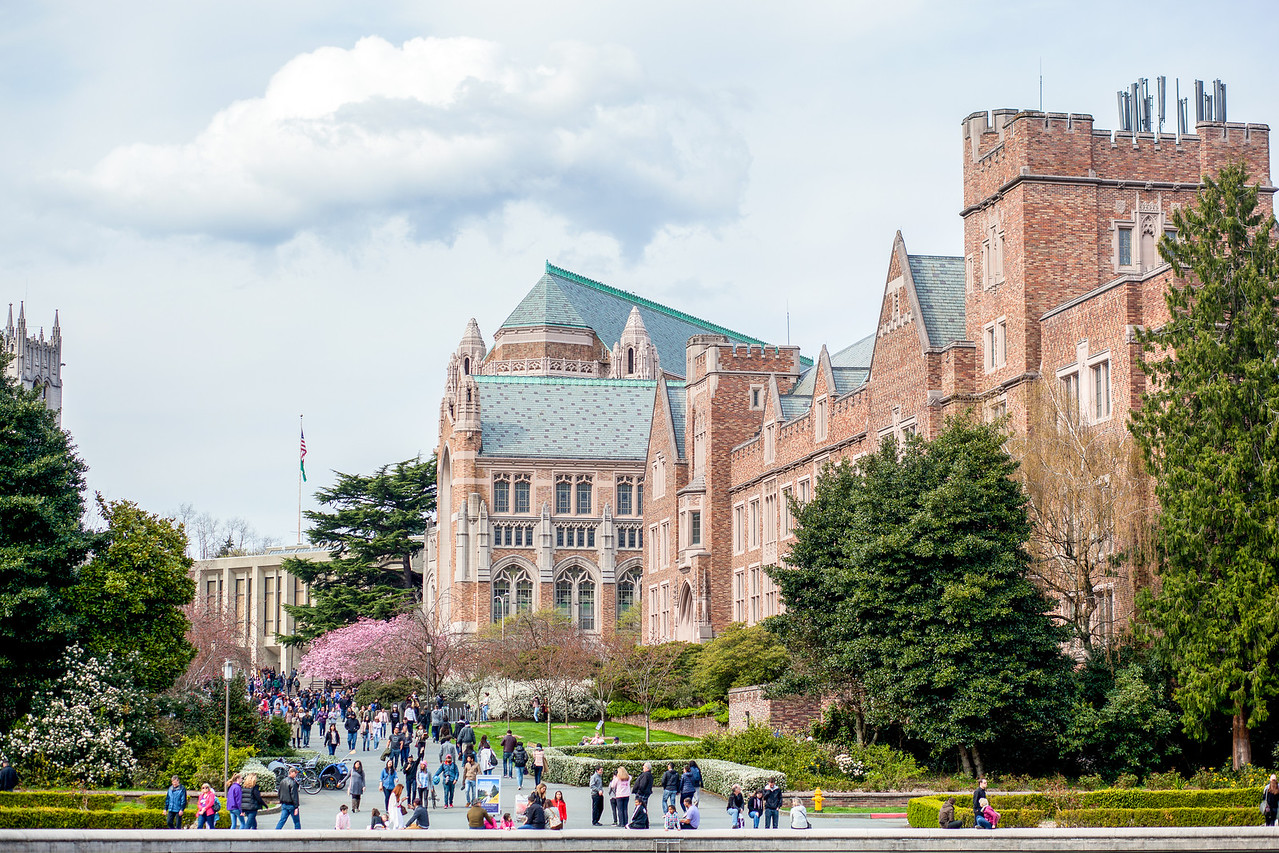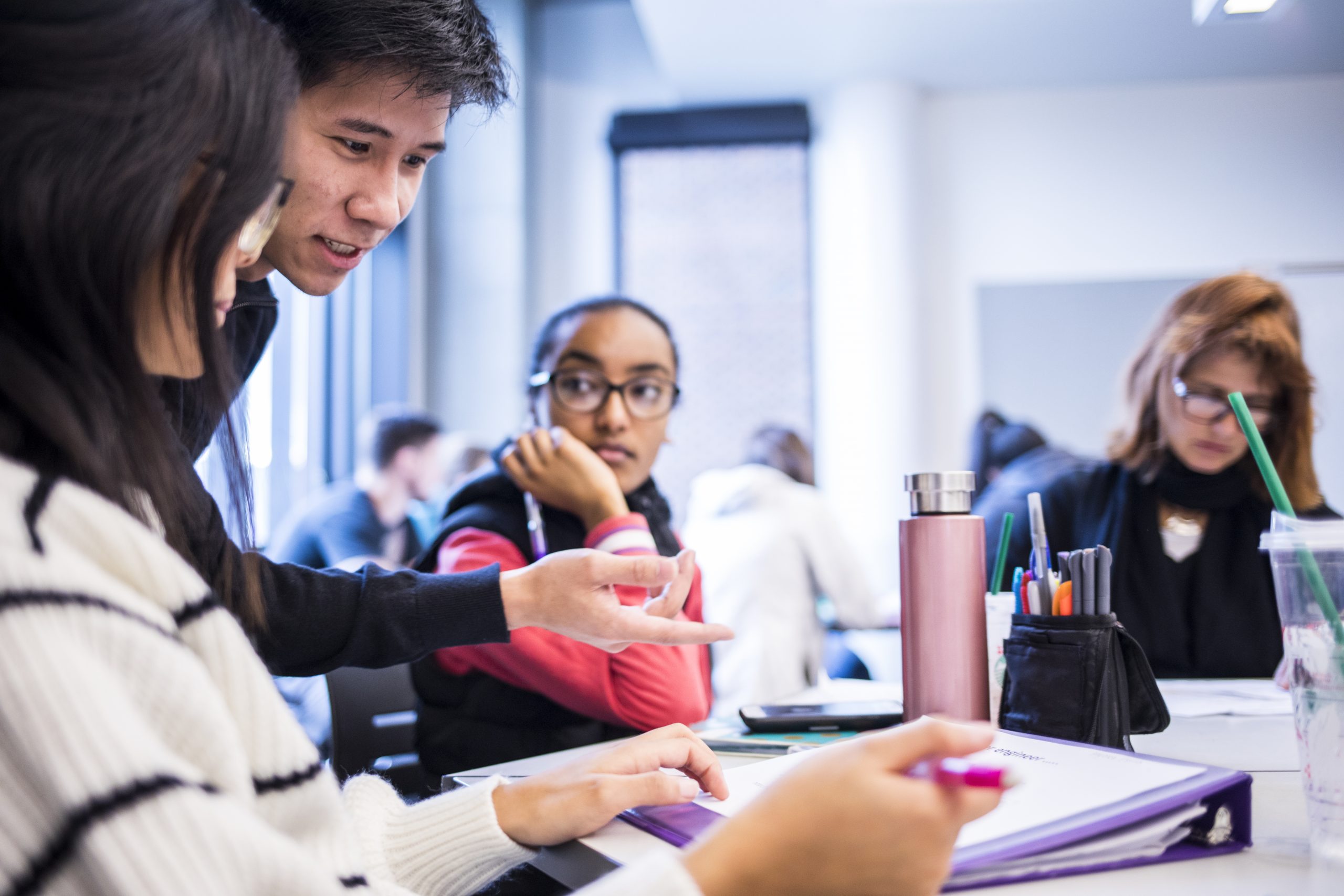Uw Robinson Center Early Entrance Program

The University of Washington's Robinson Center for Young Scholars, a beacon of opportunity for exceptionally gifted students, faces a complex and evolving landscape. The Early Entrance Program (EEP), its flagship initiative, has long been celebrated for providing a unique academic pathway for young individuals ready to tackle university-level coursework years ahead of their peers.
But with increasing discussions surrounding equitable access and the holistic development of young learners, questions are being raised about the program's role and its potential impact on students' social and emotional well-being. The debate centers on how to best nurture exceptional talent while ensuring that these bright minds thrive in all aspects of their lives.
The Robinson Center's Early Entrance Program (EEP) is designed for students typically aged 13-15 who demonstrate exceptional intellectual abilities. These students bypass traditional high school and directly enroll as full-time undergraduates at the University of Washington. The program, founded in 1976, aims to provide a challenging and stimulating environment tailored to their advanced cognitive needs.
Its core mission is to foster intellectual growth and academic excellence in exceptionally gifted young people. This specialized approach recognizes that some students require an accelerated educational path to reach their full potential.
Academic Rigor and Success
The academic success of EEP students is well-documented. Many graduates have gone on to achieve remarkable accomplishments in various fields, including science, technology, engineering, mathematics, and the arts. They've pursued advanced degrees at top universities and contributed significantly to their respective industries.
The program's curriculum is demanding, requiring students to quickly adapt to the rigor of university-level studies. EEP students are integrated into regular UW classes, interacting with older, traditionally aged undergraduates.
This immersion provides them with access to a wide range of academic disciplines and research opportunities.
Social and Emotional Considerations
However, the accelerated nature of the EEP raises concerns about the social and emotional development of its students. Entering college at such a young age can present unique challenges in terms of peer relationships, identity formation, and overall maturity.
Critics argue that bypassing the traditional high school experience might deprive these students of important social experiences. The teenage years are crucial for developing social skills and navigating peer dynamics, experiences that EEP students may miss out on.
The Robinson Center acknowledges these concerns and provides a support system designed to address the specific needs of its students. This includes counseling services, peer mentoring programs, and social activities aimed at fostering a sense of community.
Addressing Concerns and Fostering Well-being
The Center emphasizes a holistic approach to student development, recognizing that academic success is intertwined with social and emotional well-being. Efforts are continually being made to refine the program and enhance its support structures.
These involve offering workshops on time management, stress management, and social skills. Additionally, the Center actively encourages parent involvement and communication to ensure a collaborative approach to student support.
Dr. Nancy Hertzog, Director of the Robinson Center, has stressed the importance of continuous evaluation and improvement to meet the evolving needs of students. Data is being collected on student well-being, academic performance, and post-graduation outcomes to inform future program adjustments.
The Question of Equitable Access
Another point of discussion revolves around the accessibility of the EEP to students from diverse backgrounds. Admission to the program is highly competitive, requiring exceptional academic abilities and a demonstrated readiness for university-level work.
Critics argue that the selection process may inadvertently favor students from privileged backgrounds who have access to advanced educational resources. Ensuring equitable access to such programs is a crucial aspect of fostering a diverse and inclusive academic environment.
The Robinson Center is actively working to address this issue through outreach initiatives and partnerships with schools in underserved communities. Efforts are being made to identify and support talented students who may not have had the same access to enrichment opportunities.
"We are committed to ensuring that all talented students, regardless of their background, have the opportunity to reach their full potential," said Dr. Hertzog in a recent statement.
UW is also exploring alternative admission pathways that consider a broader range of factors beyond standardized test scores. This holistic approach aims to identify students with exceptional potential who may not have had the opportunity to demonstrate their abilities through traditional metrics.
Looking Ahead: A Balanced Approach
The future of the Robinson Center's Early Entrance Program hinges on finding a balance between academic rigor and holistic development. As societal perspectives on gifted education evolve, the program must adapt to meet the changing needs of its students.
This involves continuously refining the curriculum, enhancing support services, and promoting equitable access. By embracing a comprehensive approach, the Robinson Center can continue to serve as a valuable resource for exceptionally gifted young people, empowering them to thrive academically, socially, and emotionally.
The ongoing dialogue surrounding the EEP reflects a broader conversation about the role of accelerated learning programs in education. As educators and policymakers grapple with these complex issues, the experiences and outcomes of Robinson Center students will undoubtedly play a vital role in shaping the future of gifted education.
